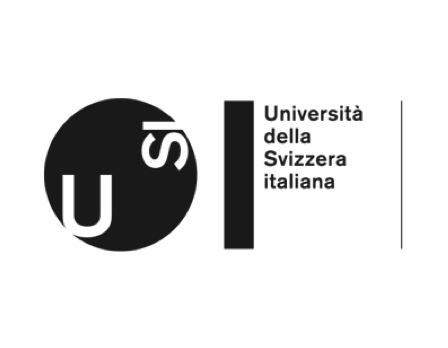Words play a distinct and special role in finance. Leaders on both sides of the Atlantic, from European Central Bank (ECB) president Mario Draghi to then US Federal Reserve Vice Chair Janet L. Yellen (now treasury secretary), have said as much.
When debt-laden members of the euro zone were pushing the bloc to the verge of collapse, Draghi’s three words — “whatever it takes” — fundamentally changed the course of events. “Within our mandate, the ECB is ready to do whatever it takes to preserve the euro,” he said at a speech in London on July 26, 2012. “And believe me, it will be enough.”
It sounded no more like a hint that the ECB could restart its emergency bond-buying programme to help lower Spain’s borrowing costs — but it was enough for financial markets to react positively. International investors were convinced that the region’s economy wasn’t as bad as it seemed.
During the early 2000s, the Federal Open Market Committee (FOMC) started issuing information after every meeting about its economic outlook. It assessed the risks to the economy, as well as whether it would be raising or lowering the federal funds rate in the future, known as forward guidance. This would prove pivotal in 2004, when the FOMC was faced with a weak recovery from the 2001 recession. To the public, it said it intended to keep the federal funds rate low for longer than might have been expected — the statement went: “[i]n these circumstances, the Committee believes that policy accommodation can be maintained for a considerable period.”
“Let’s pause here and note what this moment represented. For the first time, the Committee was using communication — mere words — as its primary monetary policy tool,” Yellen explained at the Society of American Business Editors and Writers 50th Anniversary Conference at Washington, D.C. “Until then, it was probably common to think of communication about future policy as something that supplemented the setting of the federal funds rate. In this case, communication was an independent and effective tool for influencing the economy. The FOMC had journeyed from ‘never explain’ to a point where sometimes the explanation is the policy.”
These two examples underscore the importance and relevance of a programme like the Master in European Studies in Investor Relations and Financial Communication at Università della Svizzera Italiana (USI Lugano).

The programme — offered wholly in English — trains students for a unique and integrated set of competencies. These include financial, communicative, legal and language knowledge, which are strongly and increasingly required in the financial sector. As new challenges arise, professionals are expected to master strong capacities in communicating with clients and investors.
As financial communication is oriented to investment decisions, students will be trained to bridge the gap between finance professionals and the other financial market participants, especially investors. The curriculum ensures this. Every student graduates with a mature awareness of the legal framework in which financial services and products are promoted and transactions are negotiated. They will also learn the know-how of to effectively deal with important issues recently emerging in the financial sector, such as money laundering, terrorism financing and fiscal matters.
As it is offered jointly with the Università Cattolica del Sacro Cuore in Milan, Italy (Faculty of Banking and Finance and Faculty of Languages), students will start the first year of the programme in Milan. They then progress to their second year at USI Lugano.
“The idea of this very innovative, new master programme is to bring together three main bodies of knowledge: banking and finance; linguistic sciences; and financial communication. Therefore, the two schools in Milan will deliver knowledge in banking and finance and linguistic sciences whereas the department in Lugano will deal with financial communication,” explains Università Cattolica del Sacro Cuore’s Faculty of Banking and Finance dean Elena Beccalli.
It’s a master’s programme that nurtures tomorrow’s multidisciplinary specialists, bridging information and knowledge gaps between financial experts and lay investors and entrepreneurs. They will be equipped to manage and strategise huge swathes of information so that it can be put “at work” to foster sound investment decisions.
“The job prospects are very interesting and various,” shares Andrea Rocci, programme director at USI Lugano. Over the years, Rocci observed that students often underestimate the breadth of job offers in this field. That could not be further from the truth.

Start with investor relations. “All listed companies in the stock exchange need to communicate with their investors and have Investor Relations departments. They also require two consultants for investor relations especially in important situations like IPOs when a young company becomes public in the stock market,” explains Rocci, adding there are many key consultancies based in Zurich, Geneva, Milan and Lugano. “You need consultants for that.”
Then, there are the public institutions like central banks and other financial bodies that need qualified talent for their communications teams. Finally, the wealth management industry — that caters for very wealthy individuals, dynasties — rely on relationships managers.
“These are people who are at ease with numbers, for sure, but also people who are at ease with people, who can manage relationships with people who often come from other cultures. Sometimes, they also have multiple interests in various areas and these interests might not be all financial,” Rocci shares. “For instance, they are doing philanthropy and you need people able to tie everything together. So these fields — public institutions, companies and wealth management — are the three main areas where our graduates would find a job.” To learn more about this dynamic master’s programme, click here.
Follow Università della Svizzera Italiana on Facebook, Twitter, Instagram and LinkedIn











